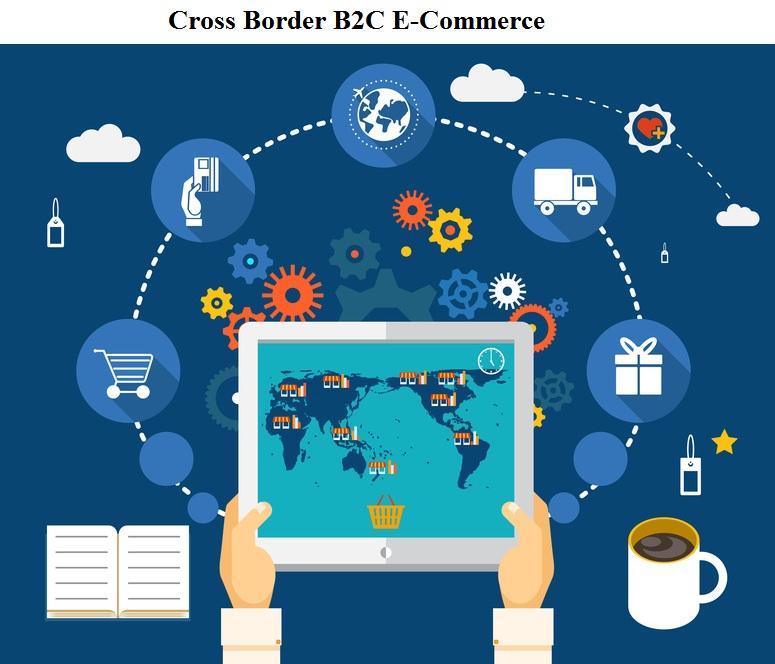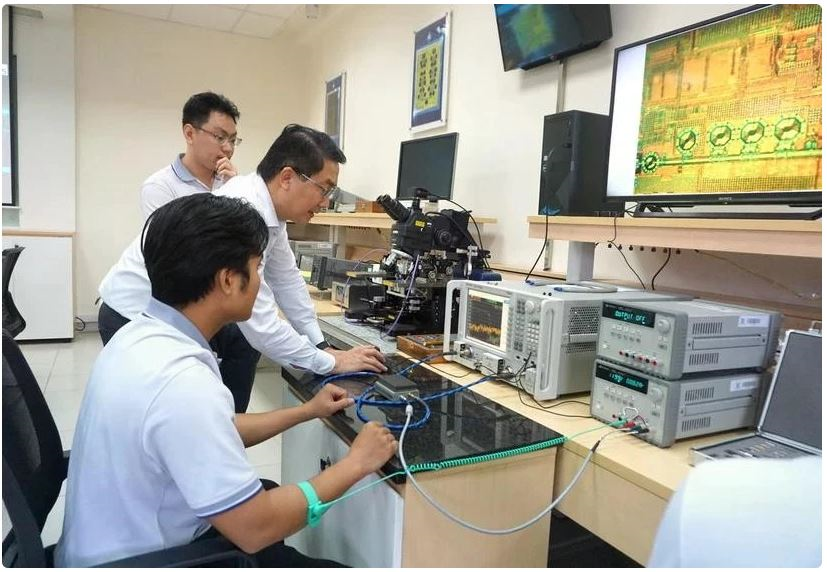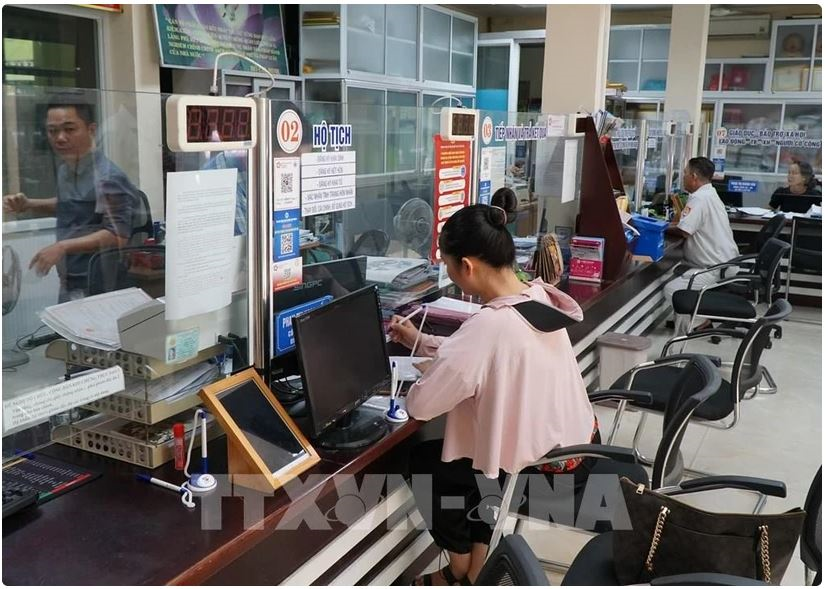-
 International expansion through cross-border ecommerce07/02/2020While Vietnam is increasingly integrating into the world economy, shifting from traditional business to digital platforms is considered an effective solution for businesses to expand export markets.
International expansion through cross-border ecommerce07/02/2020While Vietnam is increasingly integrating into the world economy, shifting from traditional business to digital platforms is considered an effective solution for businesses to expand export markets.
Inevitable trend
Speaking at a seminar themed “The EU-Vietnam Free Trade Agreement (EVFTA) and Digital Transformation, a new chapter for Vietnam’s exports” on November 21 in Hanoi, Doan Duy Khuong, Vice Chairman of the Vietnam Chamber of Commerce and Industry (VCCI) said that in developing countries, online export has become the first choice of businesses, and an inevitable trend, as importers around the world increasingly seek customers through the internet. The US, Europe, Japan, and the Republic of Korea (RoK) are major importers of Vietnamese goods, and the percentage of internet users in these countries and territories is high, providing relatively easy access for Vietnamese exporters to these markets.
Giant e-commerce platforms like Alibaba or Amazon have been seeking to enter the Vietnamese e-commerce market, which will provide domestic firms with more digital platforms to do business.
Cross-border e-commerce is forecast to increase to US$3.3 trillion in the next two years, reflecting this indispensable trend for speedy business orders. Although e-commerce cannot completely replace traditional business, firms must apply it if they are to succeed in the era of the fourth industrial revolution or Industry 4.0.

Online exports
The EU-Vietnam Free Trade Agreement is expected to be ratified and implemented in the first half of 2020. The EU commits to eliminating 85.6 percent of tariff lines on Vietnamese goods (equivalent to 70.3 percent of Vietnam’s export value to the EU) as soon as EVFTA takes effect.
“The EU’s exports to Vietnam are expected to increase more than three percent in value per year, strengthening Vietnam’s position as the bloc’s second largest trade partner, and the biggest commodity exporter in ASEAN (the Association of Southeast Asian Nations),” Khuong said.
Besides advantages in trade and investment with European partners, EVFTA will present challenges for Vietnamese enterprises. Some industries will face increasingly strict EU quality, safety and origin-related barriers.
Taking advantage of the EVFTA is not easy for small to medium-sized Vietnamese enterprises that have poor labor resources and management skills, as they must meet strict product origin requirements.
Judy Ke, Training Specialist and International Trade Consultant, provided enterprises with analysis and evaluation on trends in digital transformation, which have had major effect on global import and export activities. According to Judy Ke, 2020 will be a golden time for Vietnam’s exports and Vietnamese exporters should take advantage of this moment to boost sales through e-commerce platforms that will help them reduce staffing and logistics costs, save time, and connect with customers around the globe.
Nguồn: VNN
-
 Vietnam harnesses AI to transform public services27/03/2025The Government is accelerating AI application to reduce the paper workload and improve operation efficacy.
Vietnam harnesses AI to transform public services27/03/2025The Government is accelerating AI application to reduce the paper workload and improve operation efficacy. -
 Government steering committee set up to drive Vietnam’s sci-tech, innovation development18/03/2025It is tasked with studying and proposing the Government and the PM national strategies, policies, and solutions for developing science, technology, innovation and digital transformation. Besides, it is in charge of overseeing the implementation of project No. 06 on developing the application of population data, identification, and e-authentication data, as well as administrative reform efforts.
Government steering committee set up to drive Vietnam’s sci-tech, innovation development18/03/2025It is tasked with studying and proposing the Government and the PM national strategies, policies, and solutions for developing science, technology, innovation and digital transformation. Besides, it is in charge of overseeing the implementation of project No. 06 on developing the application of population data, identification, and e-authentication data, as well as administrative reform efforts. -
 Innovation – breakthrough path for Vietnam’s development: experts10/03/2025Experts in Singapore believe that innovation represents a breakthrough path for Vietnam, which is advancing to the new era - that of the nation's rise.
Innovation – breakthrough path for Vietnam’s development: experts10/03/2025Experts in Singapore believe that innovation represents a breakthrough path for Vietnam, which is advancing to the new era - that of the nation's rise. -
 Decisively cutting administrative procedures to facilitate businesses’ operations06/03/2025During a recent working session with representatives of the Party Central Committee’s Commission for Policies and Strategies, Party General Secretary To Lam urged greater efforts to position Vietnam's investment environment among the top three in ASEAN within the next two to three years.
Decisively cutting administrative procedures to facilitate businesses’ operations06/03/2025During a recent working session with representatives of the Party Central Committee’s Commission for Policies and Strategies, Party General Secretary To Lam urged greater efforts to position Vietnam's investment environment among the top three in ASEAN within the next two to three years. -
 Vietnam urged to seize digital transformation opportunities21/02/2025Experts highlighted a young population, the Government's support, and a thriving startup ecosystem are driving the country’s innovation.
Vietnam urged to seize digital transformation opportunities21/02/2025Experts highlighted a young population, the Government's support, and a thriving startup ecosystem are driving the country’s innovation.


